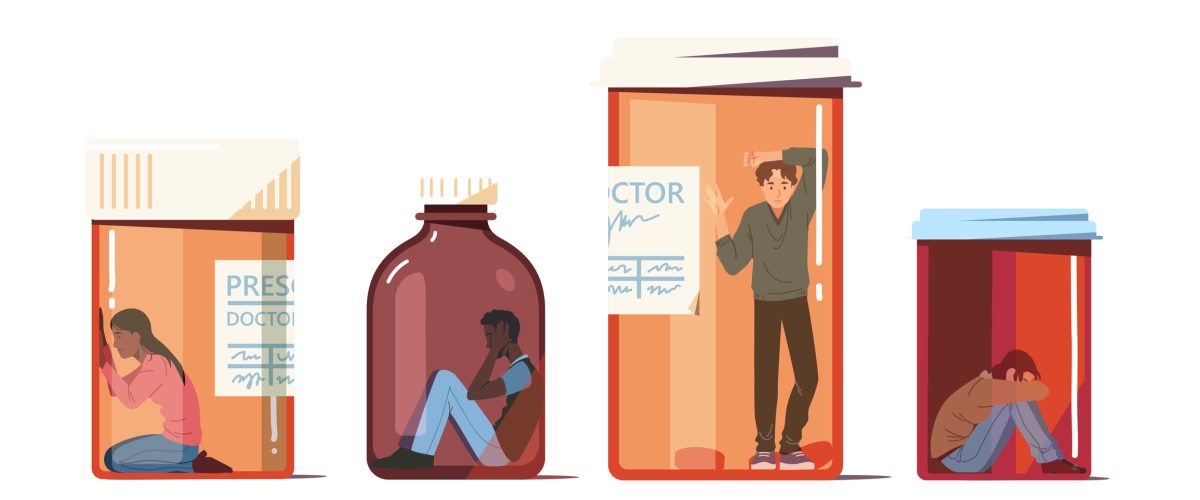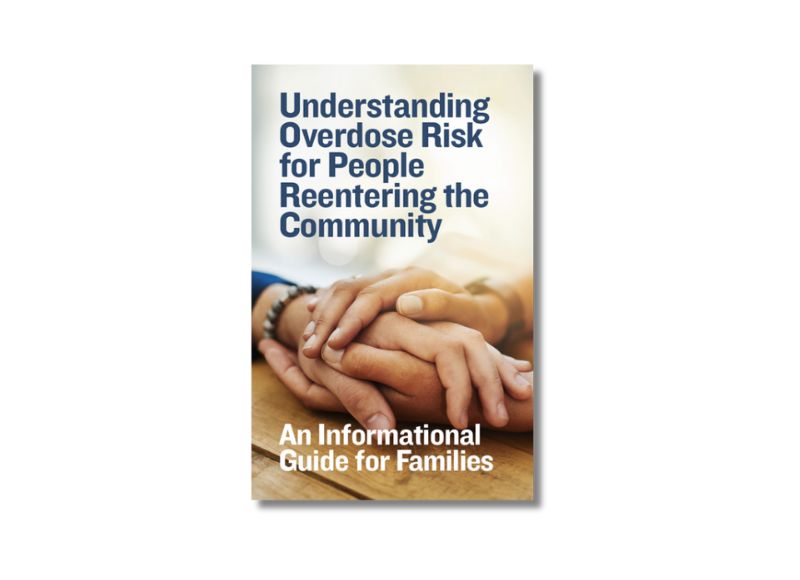
Opioid use disorder (OUD) presents significant challenges within criminal justice settings, affecting individuals at various stages of the criminal justice system, including arrest, incarceration, and reentry into society. Many individuals involved in the criminal justice system have a history of opioid misuse, often stemming from factors such as untreated pain, trauma, and socioeconomic disadvantage. Inside correctional facilities, OUD prevalence is notably high, with limited access to evidence-based treatment and harm reduction services. This lack of access exacerbates the risk of opioid overdose, infectious disease transmission, and recidivism. Furthermore, individuals with OUD face numerous barriers upon reentry into society, including stigma, limited access to healthcare, housing, and employment opportunities, which can hinder their ability to achieve and maintain recovery. Addressing OUD within criminal justice settings requires comprehensive approaches that integrate prevention, treatment, and support services, as well as collaboration between healthcare providers, correctional staff, and community-based organizations to promote successful reintegration and reduce the cycle of incarceration and substance misuse.
Criminal Justice Resources
Websites
Opioid Addiction and the Criminal Justice System
Tools & Resources
ASAM Treatment in Correctional Settings Toolkit
Guidelines for Managing Substance Withdrawal in Jails
Medication-Assisted Treatment (MAT) for Opioid Use Disorder in Jails and Prisons: A Planning and Implementation Toolkit
Posters & Infographics

Understanding Overdose Risk for People Reentering the Community: An Informational Guide for Families

